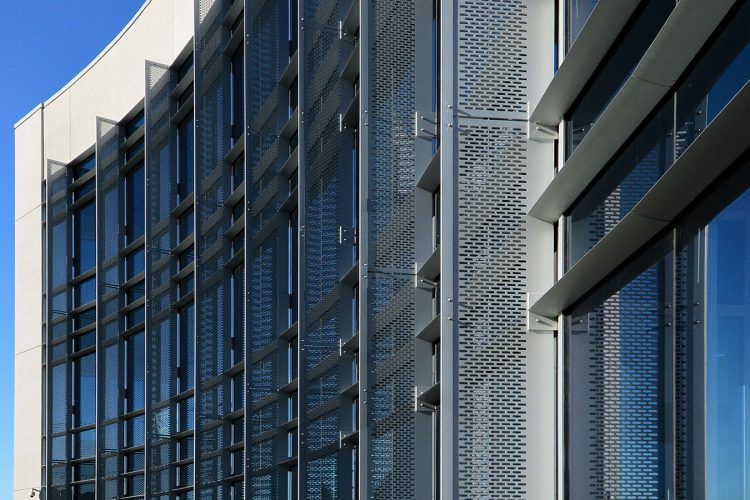Data centers are meant for the storage of large amounts of data. It is important to design data centers properly as there are various problems that you may encounter down the lane. From overcrowded spaces to overheating issues, many factors are to be considered during the architectural design. This is why it is important to consult with an expert.
Stendel + Reich data center architecture projects are some of the best across the United States. With an understanding of the industry’s best practices, emerging technologies, and evolving trends, the company promises a future-proof infrastructure. It is perhaps even more important to hire an expert if you want to make unique customizations to your property.
Challenges in designing a data center
- Scalability.
Data centers must be designed with scalability to accommodate future growth and expansion. The infrastructure should be able to support more demanding IT requirements such as storage and network needs. Regardless of the type of data center you have, be it enterprise, MTDCs or hyperscale data centers, they should have the ability to grow quickly.
The biggest challenge is balancing the current needs with the predicted future requirements. Scalability is vital to support future needs without the need for overhauls or downtime.
- Insufficient space for expansion.
Sometimes the space for building a data center is enough for its current needs but not future requirements. Therefore, proper space utilization can be, at times, a challenge. There may be various constraints, such as space, geographical and infrastructure issues. Before finalizing a design, ask yourself these three questions:
- Does the current infrastructure allow for future expansion?
- Are there regulatory limitations on data center expansion?
- Is there enough available space around the data center for expansion?
- Heat generation.
High-density data centers generate a sheer amount of heat at the individual level, which can be difficult to dissipate quickly without an effective cooling system in place. The more your organization grows, the greater the heat its servers and IT equipment generate. Without a proper cooling strategy, the data center won’t be at an optimum temperature, which in turn can cause various problems.
- Airflow management.
High-density data centers require effective airflow management to prevent overheating of equipment. Simply adding more and more air conditioners may not always help the problem. While the extra cooling technologies may seem like a good idea, it is a waste of money and resources without directing the cool air in the right areas. The cooling equipment may keep producing cold air without pushing it where it is needed.
These are some challenges associated with designing a data center. Thankfully, an experienced and highly-qualified data canter architect can help you tackle them all.

